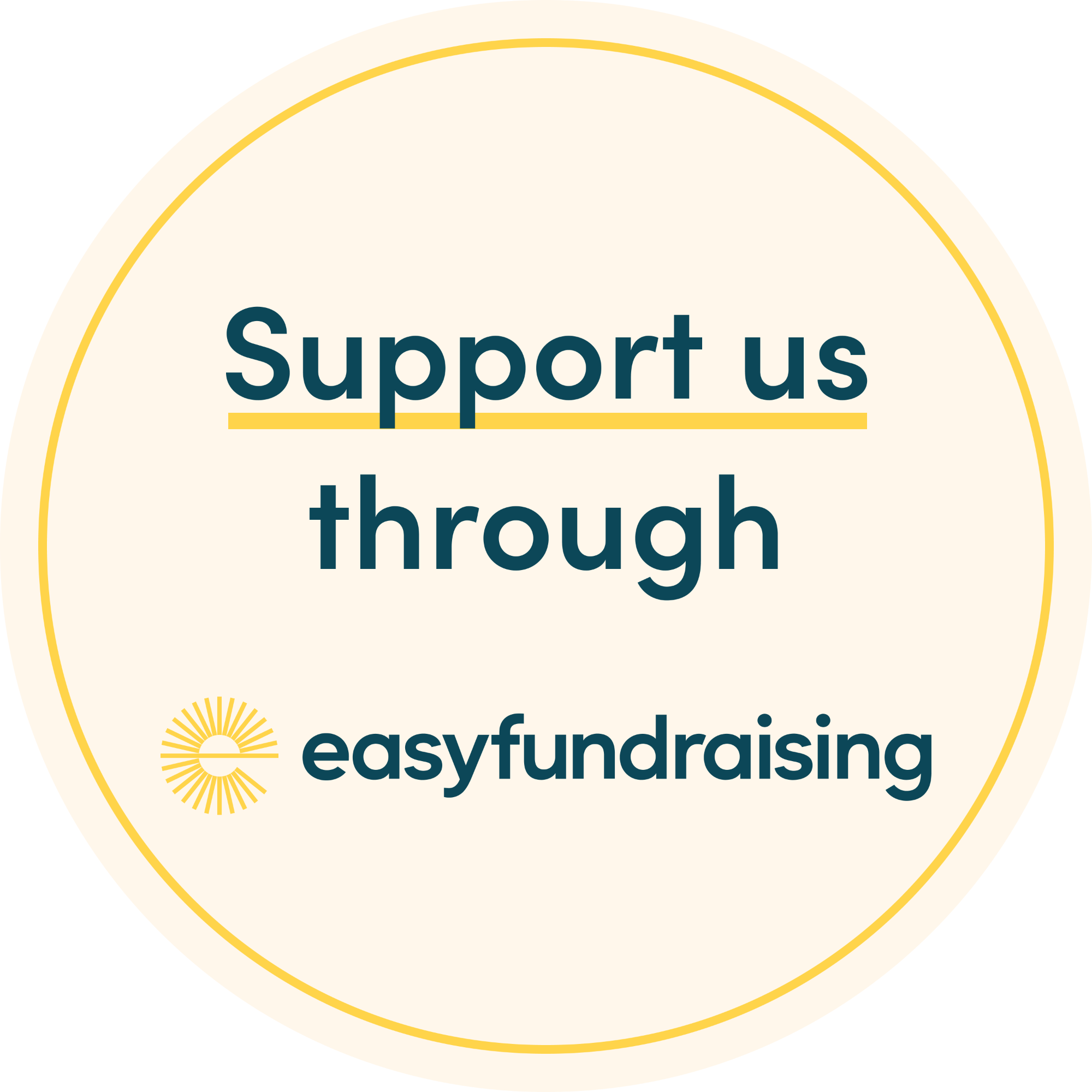Music
Music Curriculum Statement
At St Edmund’s we never underestimate the importance of music in our lives. Listening to and learning about music benefits the children’s concentration skills, phonemic awareness, literacy development, memory and academic achievement. It elevates children’s motivation levels and creates a positive learning environment.
We are committed to ensuring children understand the value and importance of music in the wider community, and are able to use their musical skills, knowledge, and experiences to immerse themselves in music.
Children develop their love for music, through listening, singing, playing, evaluating, analysing, and composing across a wide variety of historical periods, styles, traditions, and musical genres. Through investigating genres of music and exploring a wide variety of instruments, children develop a curiosity for the subject, as well as an understanding and acceptance of the validity and importance of all types of music and the cultures that produce them.
The National Curriculum for Music aims to ensure that all pupils:
- perform, listen to, review and evaluate music across a range of historical periods, genres, styles and traditions, including the works of the great composers and musicians
- learn to sing and to use their voices, to create and compose music on their own and with others, have the opportunity to learn a musical instrument, use technology appropriately and have the opportunity to progress to the next level of musical excellence
- understand and explore how music is created, produced and communicated, including through the inter-related dimensions: pitch, duration, dynamics, tempo, timbre, texture, structure and appropriate musical notations.
Planning and Resources
Music Express is used to plan and support the delivery of weekly music lessons. Sing Up is also used in classrooms and assemblies to allow children to access a wide variety of songs across a range of styles and genres. Children in the EYFS use a mixture of Music Express and other resources within the environment to develop ‘hearing and listening’, ‘vocalising and singing’ and ‘movement and dancing’.
Singing has a large focus in assemblies every week. Daily assemblies include music, and a weekly singing assembly allows children to learn and perform new songs together with the whole school. Children join in Mass regularly and take part singing hymns and anthems. Children take part in termly musical celebrations including Harvest Festival, KS1 Nativity Concert, KS2 Carol Concert and year 6 leavers performance. Our musical calendar is based upon Christian and seasonal festivals and celebrations.
Musical opportunities
All children in year 4 learn to play the violin with a specialist music tutor from Suffolk County Music Service. Their weekly lessons help them understand how the instrument works and can be played, as well as developing technical skills, non-notations skills, reading and playing notation and ensemble performance skills.
Children in years 5 and 6 have the option to continue learning an instrument, either the violin or guitar in weekly small group lessons with a peripatetic music teacher. We celebrate their musical achievements with a performance to the school and parents at the annual KS2 Carol concert and during a special musical performance assembly in the summer term.
There are exciting opportunities for children to learn and enjoy music outside of class lessons. Children in KS2 may participate in band club or choir. The choir often help teach, lead and perform songs in assemblies. They have taken part in performances including A Celebration of School’s Music Festival at Snape Maltings, Bury St Edmund’s Christmas Market and Young Voices at the O2. Members of band club accompany children singing in class, key stage and whole school assemblies and Masses.
We are very aware of the positive effects, music can have on emotional, and mental wellbeing. It can have a powerful impact of uniting children and developing their sense of self and belonging. Our aim is to develop each child as a whole and we recognise music as one of the vital ingredients in this process.











